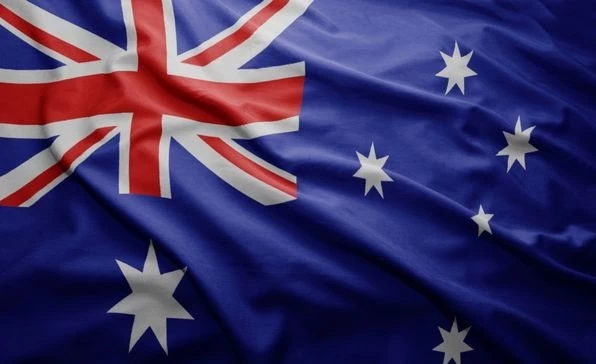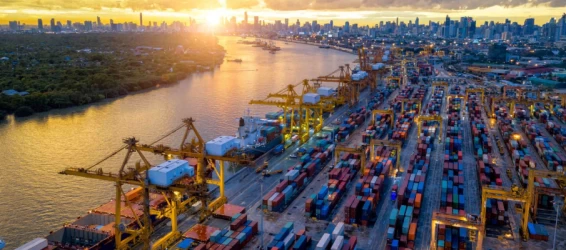Guide to trading with New Zealand, sea freight
New Zealand, a thriving island nation in the South Pacific, offers significant opportunities for international trade. Known for its stable economy, innovative industries, and robust agricultural sector, New Zealand serves as an attractive market for businesses looking to expand their reach. This article provides a comprehensive guide to trading with New Zealand, focusing particularly on maritime transport as a critical component of international shipping.
1. Overview of New Zealand
New Zealand consists of two main islands—North and South—and is known for its diverse landscapes and natural beauty. The country has a strong economy, driven primarily by agriculture, tourism, and manufacturing. With a commitment to free trade and strong relationships with various countries, New Zealand is an ideal destination for businesses seeking to engage in international commerce.
Key Industries
- Agriculture: New Zealand is famous for its dairy products, meat, and wine, exporting a substantial portion of its agricultural output.
- Technology: The tech sector is rapidly growing, with innovations in software development, biotechnology, and renewable energy.
- Tourism: With breathtaking landscapes and a rich cultural heritage, tourism plays a significant role in New Zealand's economy.
2. Trade Regulations and Compliance
Before engaging in trade with New Zealand, it is crucial to understand the regulations and compliance requirements involved. Some key aspects include:
Import and Export Regulations
- Permits and Licenses: Depending on the type of goods being imported or exported, various permits may be required from New Zealand's Ministry of Business, Innovation and Employment.
- Customs Declarations: Proper customs documentation is essential to ensure the smooth passage of goods through customs.
Taxes and Duties
- Goods and Services Tax (GST): Imported goods are subject to a 15% GST, which must be factored into the overall cost.
- Customs Duties: Certain goods may incur additional customs duties, so understanding the tariff classifications is vital.
Health and Safety Standards
New Zealand has stringent health and safety standards, particularly for food products and pharmaceuticals. Ensuring compliance with these regulations is essential for entering the market.
3. Maritime Transport to New Zealand
Maritime transport is one of the most efficient and cost-effective ways to import and export goods to and from New Zealand. The country has several major ports that facilitate international shipping, including Auckland, Wellington, and Christchurch.
Shipping Companies
Various reputable international shipping companies provide maritime transport services to New Zealand. Notable carriers include:
- Maersk Line
- Mediterranean Shipping Company (MSC)
- Hapag-Lloyd
When selecting a shipping company, consider factors such as reliability, shipping routes, and customer service.
Shipping Process
The process of shipping goods to New Zealand generally involves the following steps:
- Preparation and Packaging: Properly package your goods to protect them during transit. Use durable materials to prevent damage.
- Booking with a Shipping Company: Contact your chosen shipping company to arrange for the transport of your goods.
- Customs Clearance: Upon arrival in New Zealand, goods must clear customs. Ensure all necessary documentation is in order to avoid delays.
Shipping Costs
Maritime shipping costs can vary based on factors such as:
- Distance to the destination
- Size and weight of the cargo
- Type of shipping service (e.g., FCL vs. LCL)
- Seasonal fluctuations in shipping rates
4. Benefits of Trading with New Zealand
Engaging in trade with New Zealand presents several advantages, including:
- Access to High-Quality Products: New Zealand is known for its high-quality agricultural and manufactured goods, which are highly sought after in international markets.
- Strong Trade Agreements: New Zealand has several free trade agreements (FTAs) that facilitate easier access to various markets, including China, Australia, and the Comprehensive and Progressive Agreement for Trans-Pacific Partnership (CPTPP).
- Stable Economic Environment: The country's stable political and economic climate makes it a reliable trading partner.
5. Conclusion
Trading with New Zealand can offer valuable opportunities for businesses seeking to expand their operations internationally. Understanding the regulations, leveraging maritime transport effectively, and ensuring compliance with local standards are crucial steps for success in this market. By embracing the potential that New Zealand offers, businesses can tap into new markets and enjoy the benefits of a thriving economy.
If you have any specific questions or need further assistance, feel free to ask!











